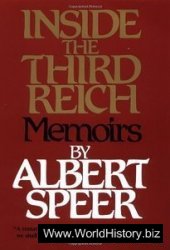The process of studying and discussing the texts of the syllabus was threefold: ordinary lectures on the texts presented by the master, exercises to deepen the students’ knowledge of those texts, and disputations on their content. Lectures normally took place in the morning. The text was read aloud by the master, who also explained the division of the text and its content. This was done either in a cursory fashion, with the master sticking close to the text, or more extensively, using the text as a starting point for questions that he then discussed with the students. Most commentaries that have come down to us in manuscripts or early printed editions only partially reflect what was actually taught in the classroom, having been adapted for publication by the master. Occasionally, lecture notes written by students survived, and these present a different, far less structured picture. Apart from these, statutes, protocols, colophons, and illuminations also help to reconstruct the teaching situation at the Arts faculties.
After lectures, students attended exercises in the afternoon in which the same texts presented earlier that day were dealt with once more. These exercises were given by masters, although not necessarily by the same ones who had given the morning lecture on the subject. Some information about the form of these exercises can be drawn from the statutes of the various Arts faculties; however, their actual content remains unclear. It is possible that the exercitia, puncta, and reparationes which have survived in a number of late-medieval manuscripts are the product of such exercises.
Finally, disputations played an important role in the educational programme, and were considered necessary for sharpening the minds of students and masters. To be sure, these disputations cannot be compared to those in the Theology faculties, which had a much more solemn character; nevertheless, they played a similarly central role. In the late-medieval period, an ordinary disputation was held once a week under the presidency of one of the masters, who posed questions to the bachelors and other masters, against whose solutions he then argued. In addition to this, short, daily disputations were held in the colleges. All those living in the college were required to be present, masters as well as students. The subjects of the ordinary disputations varied, yet basically took their starting point from those texts read in the lectures and exercises. The daily disputations primarily treated logical subjects.




 World History
World History









